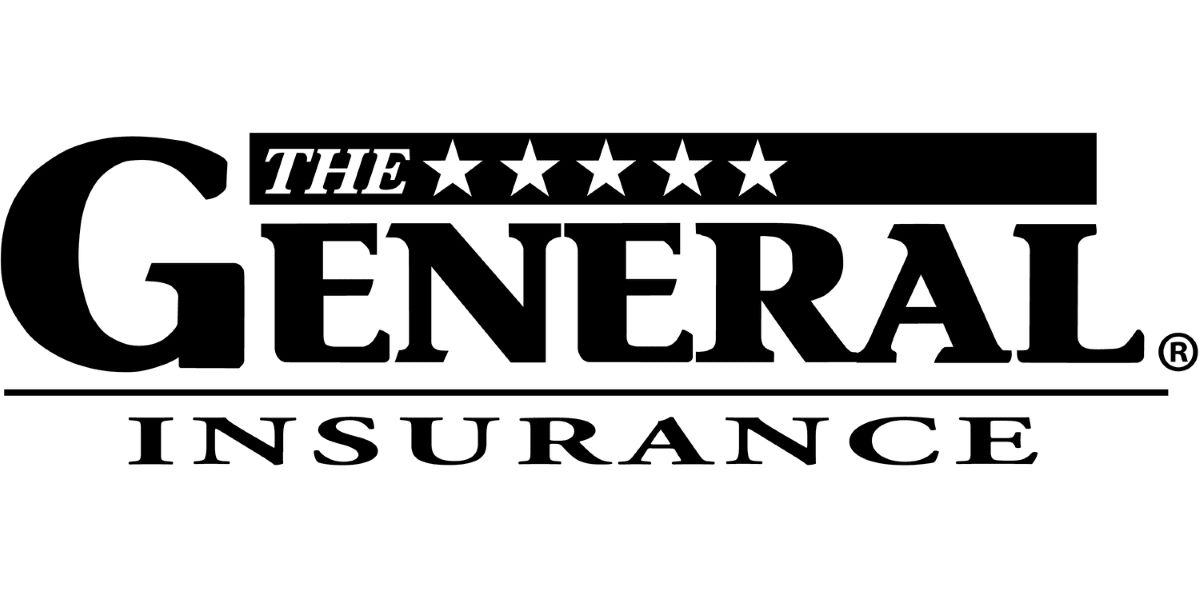Home>Finance>Company-Owned Life Insurance (COLI): Definition, Purpose, Taxes


Finance
Company-Owned Life Insurance (COLI): Definition, Purpose, Taxes
Published: October 30, 2023
Looking for information on Company-Owned Life Insurance (COLI)? Learn about the definition, purpose, and taxes associated with this financial tool in our comprehensive guide.
(Many of the links in this article redirect to a specific reviewed product. Your purchase of these products through affiliate links helps to generate commission for LiveWell, at no extra cost. Learn more)
Company-Owned Life Insurance (COLI): Definition, Purpose, Taxes
Are you familiar with Company-Owned Life Insurance (COLI)? If not, keep reading! In this blog post, we will delve into the world of COLI, exploring its definition, purpose, and how it relates to taxes. By the end of this article, you will have a solid understanding of COLI and its potential benefits for your business.
Key Takeaways:
- COLI is a life insurance policy purchased by a company on the lives of its employees.
- The purpose of COLI is to provide companies with a tax-advantaged asset that can be used for various purposes such as funding employee benefit programs or offsetting the costs of executive compensation.
What is Company-Owned Life Insurance (COLI)?
Company-Owned Life Insurance (COLI) is a life insurance policy that is purchased by a company on the lives of its employees. This type of insurance is commonly used by businesses of all sizes to provide financial protection and tax advantages.
COLI policies are typically owned and paid for by the company, with the company as the beneficiary. The policy covers the lives of key employees, including executives or other essential personnel. In the event of an employee’s death, the company receives the insurance payout.
What is the Purpose of COLI?
The primary purpose of COLI is to provide companies with a tax-advantaged asset that can be utilized for various purposes. Here are some of the main reasons companies purchase COLI:
- Funding Employee Benefit Programs: By owning COLI policies, companies can accumulate cash value over time. This cash value can be used to fund employee benefit programs, such as pensions, retirement plans, or health benefits. It offers an additional source of funds for these programs and can help offset their costs.
- Offsetting Costs of Executive Compensation: COLI can also be used by companies to offset the costs of executive compensation packages. The cash value accumulated in the policies can help cover the premiums or provide a source of funds for executive benefits.
- Key Person Insurance: COLI can serve as key person insurance, providing financial protection to the company in the event of the death of a key employee. The insurance payout can help the company navigate the loss of a key individual and mitigate the financial impact.
- Estate Planning: COLI can be used as a tool for estate planning, helping business owners pass on their wealth to the next generation. The cash value and death benefit of the policy can be used to provide liquidity and cover estate taxes or other financial obligations.
How Does COLI Impact Taxes?
One of the significant benefits of COLI is its tax advantages. Here’s how COLI can impact a company’s taxes:
- Tax-Free Growth: The cash value accumulated within a COLI policy grows tax-deferred. This means that companies don’t have to pay taxes on the growth of the policy’s cash value each year.
- No Tax on Death Benefit: In general, the death benefit received by the company upon the death of an insured employee is tax-free. This provides an added advantage and can help companies manage potential tax liabilities in the event of an employee’s passing.
- Possible Tax Deductions: Depending on how the policy is structured and used, companies may be eligible for certain tax deductions related to COLI premiums and associated expenses. It’s important to consult with a tax advisor to understand the specific deductions available in your situation.
It’s vital to note that tax laws and regulations surrounding COLI can be complex, and they may vary by jurisdiction. Before implementing a COLI program, it is crucial to consult with a qualified tax professional who can provide guidance based on your specific circumstances.
Conclusion
Company-Owned Life Insurance (COLI) is a valuable tool for businesses, providing financial protection and tax advantages. By owning COLI policies, companies can access cash value for various purposes, including employee benefit programs and executive compensation. Additionally, COLI policies offer tax-deferred growth and potential tax deductions. If you are considering implementing COLI within your organization, it is essential to seek professional advice to ensure compliance with tax regulations and maximize the benefits it can provide.














